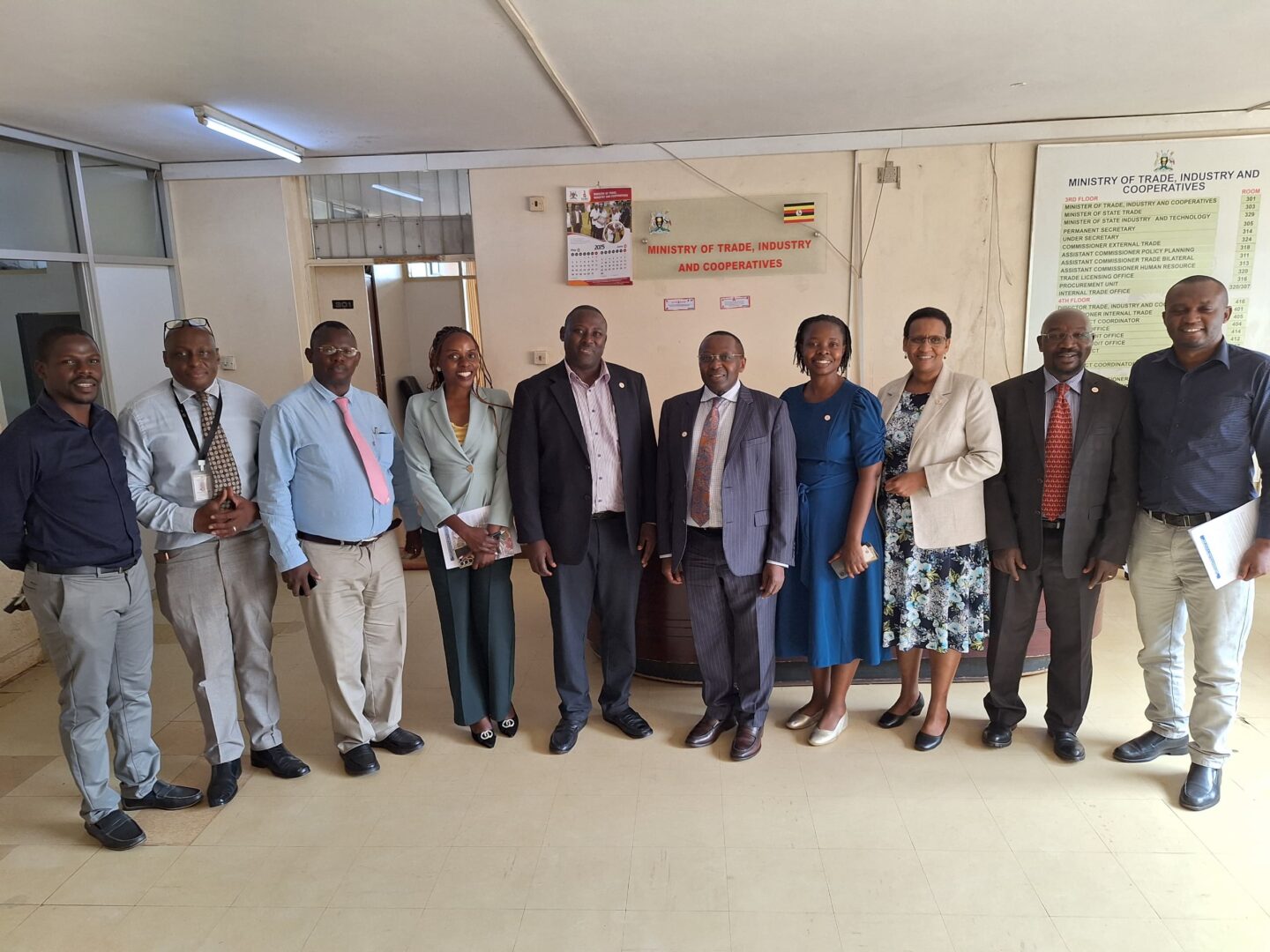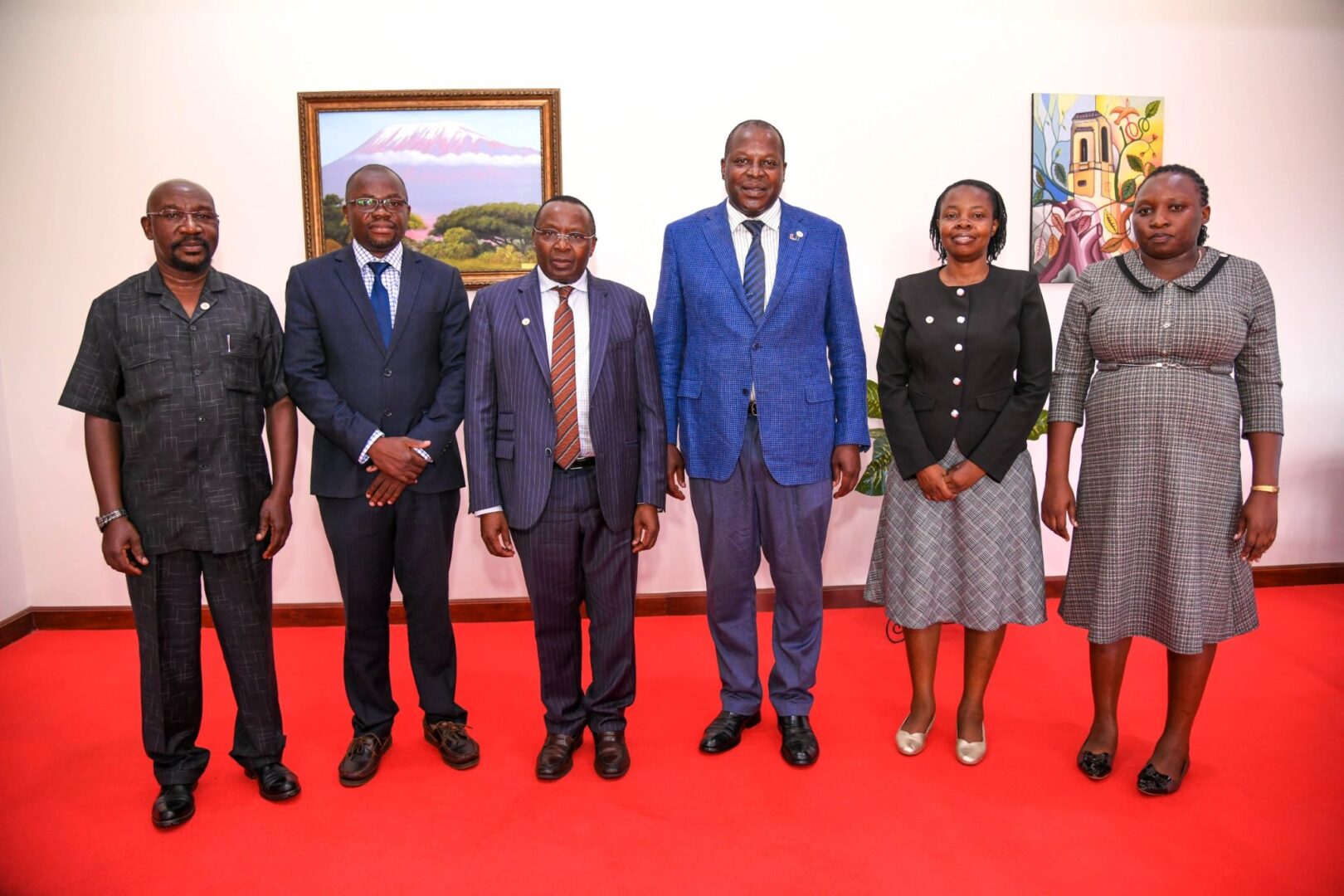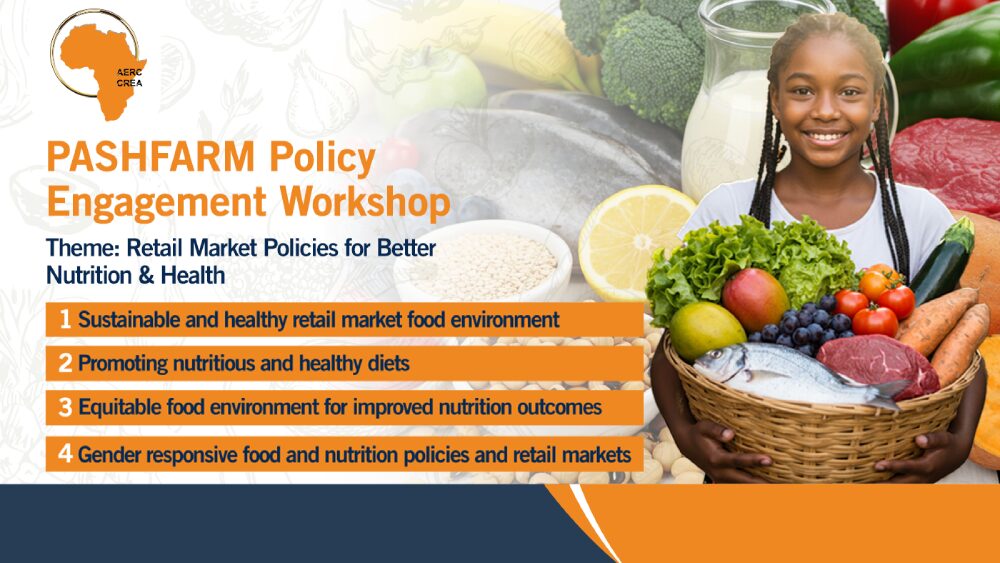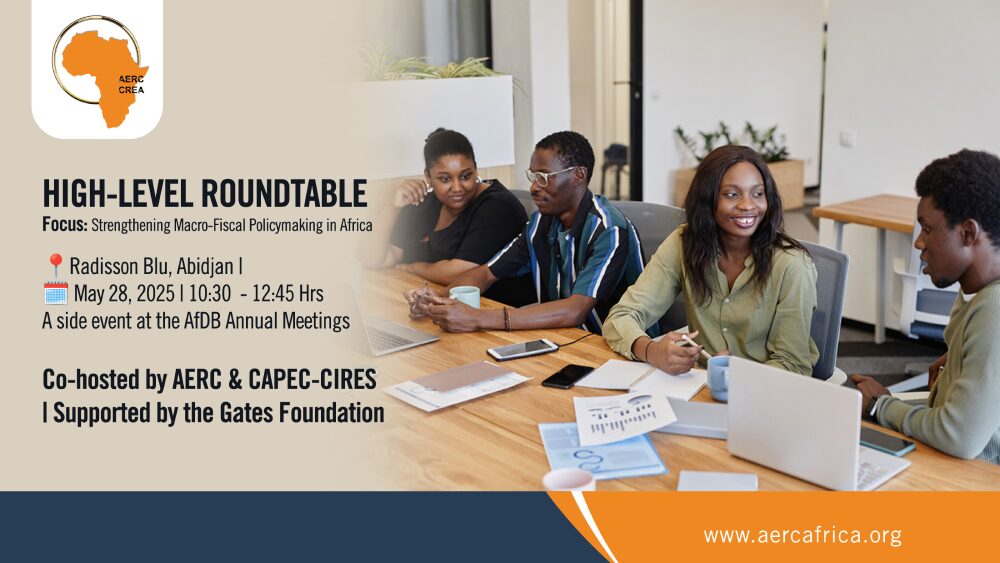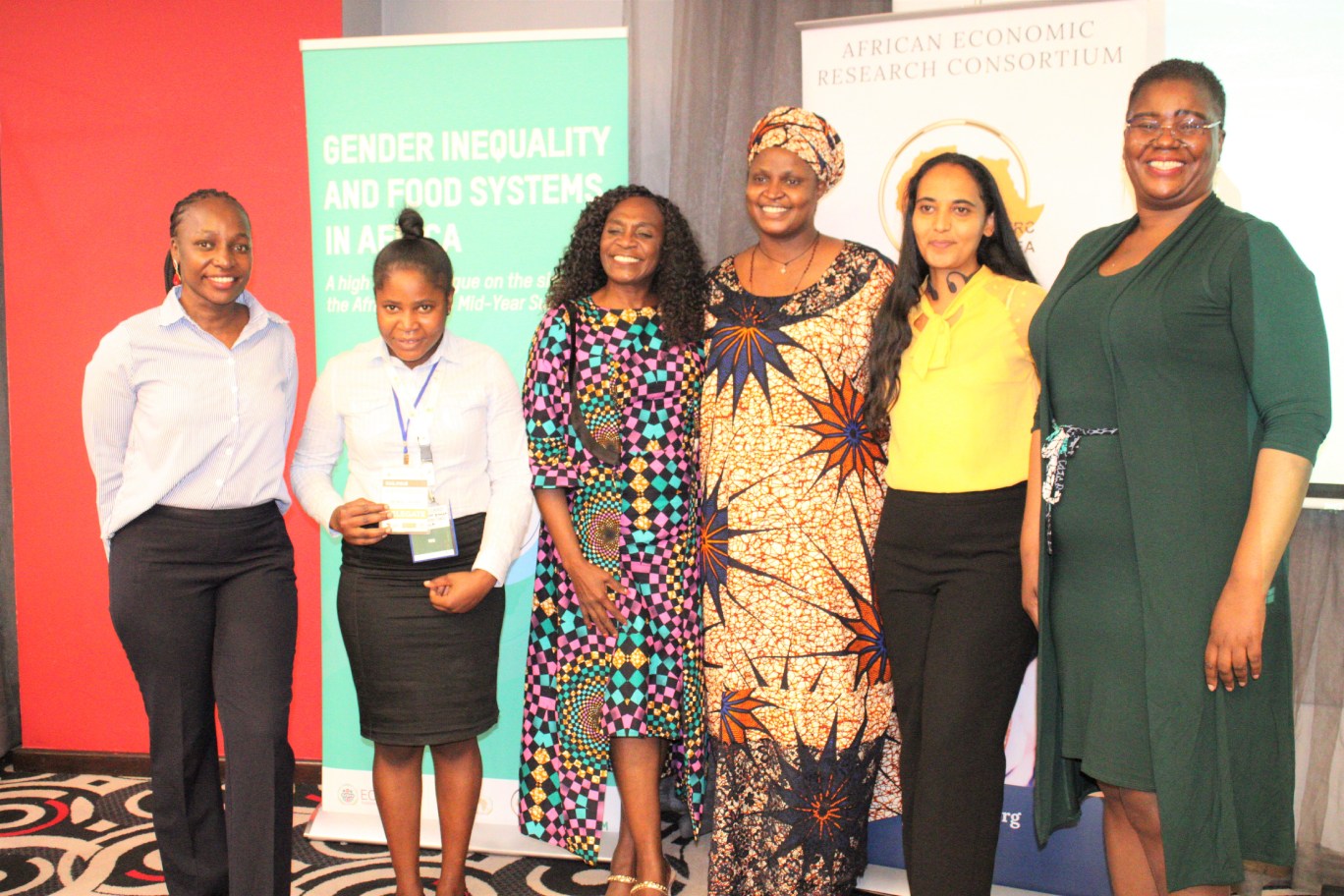

AERC, Oxfam International and ECOSOCC Convene High-Level Dialogue on Gender Inequality and Food Systems in Africa
July 28, 2022The African Economic Research Consortium (AERC), in partnership with Oxfam International and the African Union Economic, Social and Cultural Council (ECOSOCC), convened a High-level Dialogue on Gender Inequality and Food systems in Lusaka, Zambia, on July 13, 2022. The dialogue was informed by the outcomes of the Gendered Impact of Covid 19 on Livelihoods in Africa, a study done across five countries, including Ethiopia, Nigeria, Kenya, South Africa, and Zambia. The meeting sought to discuss gender and resilient food systems and the nexus of food security and Gender-Based Violence.
Participants in this forum included the AU Member States, the African Union Commission (AU), Regional Economic Communities (RECs), Regional and Grassroots Women’s Rights Organizations (WROs), Feminist activists, thought leaders, members of think tanks across the region, and academics. The dialogue involved expert, political and technical panel discussants who proposed practical recommendations for stakeholders working in the fields of Gender Justice and Food Security.
During the opening session, Dr. Scholastica Odhiambo, AERC Research Manager, said that the Covid-19 on Livelihoods in Africa Project is based on the premise that different communities have experienced different impacts of COVID 19 containment measures based on pre-existing-socio-economic-
Peter Kamalingin, Director of Oxfam Pan Africa Programme, emphasized that overcoming gender inequality is critical in freeing the continent from hunger and malnutrition. He noted that women are essential actors across agri-food systems and vital contributors to agricultural and rural development. He called upon member states to act now to transform agri-food systems and center women as part of this transformation process for better production, nutrition, environment, and life for all.
Yavi Madurai, a representative from African Union ECOSOCC, expressed eagerness to move forward with the discussion aimed at finding solutions and empowering women to take up key roles in global trade. Oureratou Ouedraogo, the National Coordinator of the Pan African Climate Justice Alliance in Burkina Faso (PACJA), on her part, highlighted how conflict destroys food systems and causes loss of assets.
The panel discussion involved Dr. Simon Manda, a social and economic researcher in the Department of Economic Studies at the University of Zambia, Joselyn Bigirwa, a gender and social inclusion specialist, and Chimwemwe Fabiano, Women’s Political Leadership Lead at Akina Mama wa Afrika. Lingalireni Mihowa moderated the discussion, the gender lead Oxfam Southern Africa. The panel emphasized the importance of Regional Economic Communities in mainstreaming women’s land rights and equality in agriculture and food systems.


